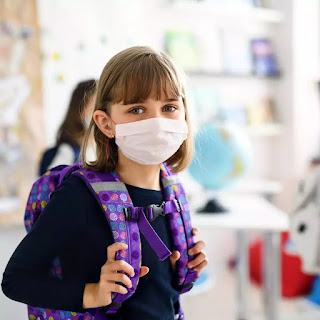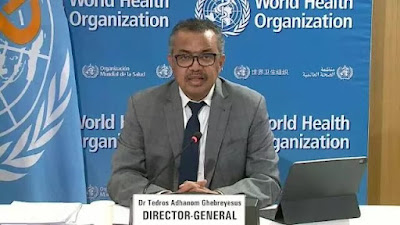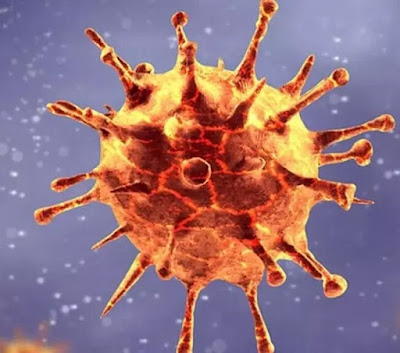Indian scientists develop better technique to detect Covid-19

A team of Indian scientists has developed a new technology platform for fluorometric detection of SARS-CoV-2 (Covid-19) that is more reliable than the existing techniques, according to information provided by the Ministry of Science and Technology. The technology platform detects viruses by measuring the fluorescent light that is emitted and can also be used to detect other DNA/RNA pathogens such as HIV, influenza, HCV, Zika, Ebola, bacteria, and other mutating pathogens. Scientists from Jawaharlal Nehru Centre for Advanced Scientific Research, an autonomous institute of the government, along with scientists from IISc (India Institute of Science), have demonstrated a noncanonical nucleic acid-based G-quadruplex (GQ) topology targeted reliable conformational polymorphism (GQ-RCP) platform to diagnose Covid-19 clinical samples. This work has been published recently in the journal ‘ACS Sensors’ and the team has also filed a patent for the novel technology. Read More




